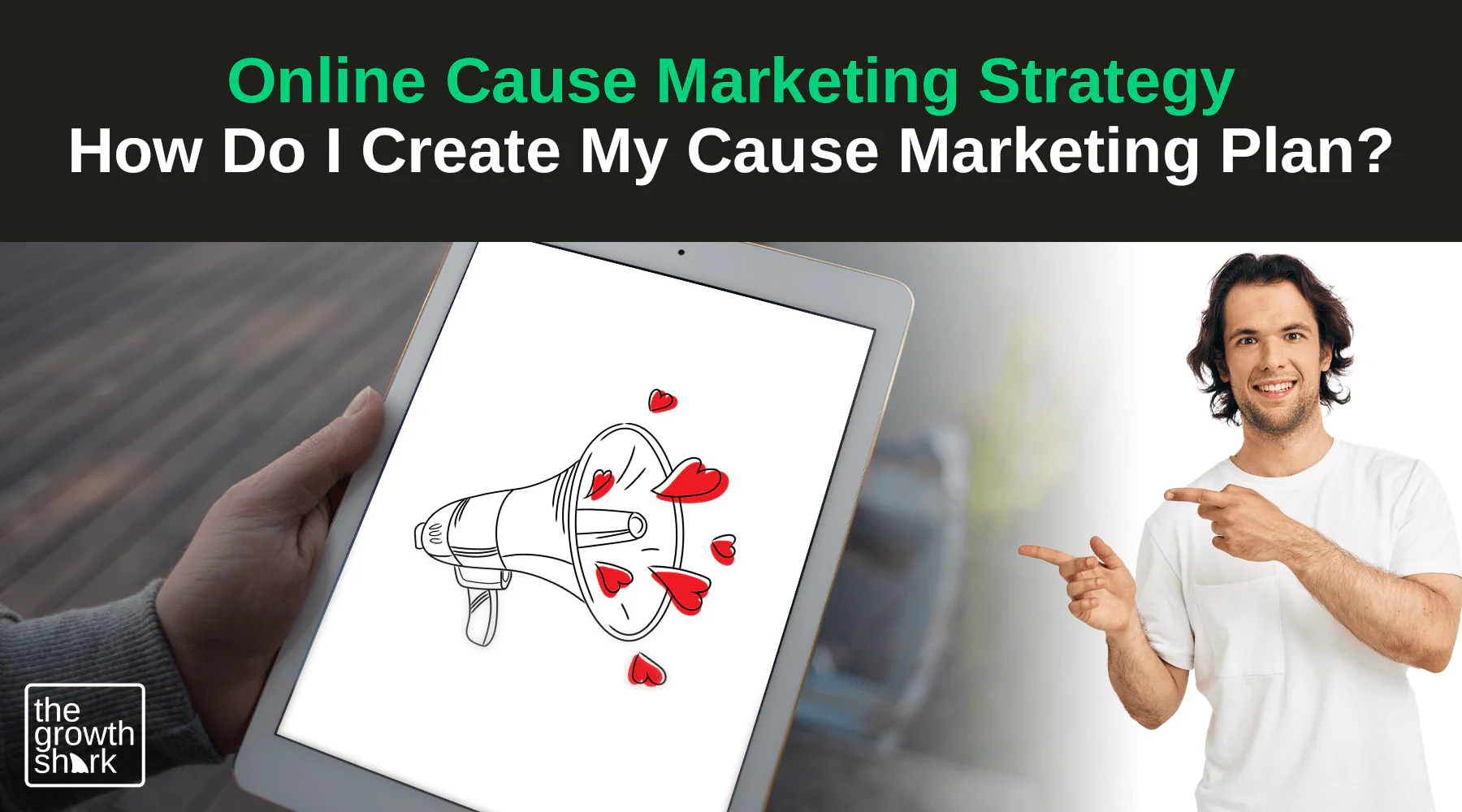In an era where consumers are increasingly drawn to brands that stand for something beyond profit, cause marketing has emerged as a powerful strategy to foster meaningful connections between businesses and their audiences. By collaborating with nonprofits, companies can align their efforts with causes that resonate deeply with their customers, creating campaigns that not only drive brand loyalty but also contribute to real social or environmental change.
Partnering with the right nonprofit can amplify a business’s message, enhance credibility, and lead to impactful, mutually beneficial relationships. From large-scale global initiatives to localized community projects, businesses that strategically collaborate with nonprofits can strengthen their brand while addressing important societal issues. This guide explores the benefits of cause marketing partnerships, the steps to building effective collaborations, and real-world examples of businesses that have successfully created impactful partnerships with nonprofits.

The Benefits of Collaborating with Nonprofits
- Authenticity: Partnering with a nonprofit demonstrates genuine commitment to a cause, adding credibility to your cause marketing efforts. This authenticity builds trust with consumers who increasingly seek out brands with strong social responsibility.
- Mutual Value Creation: Businesses benefit from increased customer loyalty and brand engagement by aligning with causes that resonate with their target audience. Nonprofits gain financial support, visibility, and resources to further their mission.
- Social and Environmental Impact: Collaborations between businesses and nonprofits allow both parties to create a larger impact. Businesses offer marketing expertise and resources, while nonprofits bring their credibility and deep knowledge of social issues.
- Stronger Customer Connections: Cause marketing campaigns that partner with nonprofits foster emotional connections with customers. Consumers feel good about supporting a brand that contributes to causes they care about, leading to increased customer loyalty and advocacy.
- Positive Brand Reputation: By aligning with reputable nonprofits, businesses can enhance their public image, positioning themselves as socially responsible and values-driven.
How to Choose the Right Nonprofit Partner

Selecting the right nonprofit partner is essential for a successful cause marketing campaign. The first step is to ensure that the nonprofit’s mission aligns with your brand’s core values and purpose. This alignment is key to maintaining authenticity and demonstrating a genuine commitment to the cause. Next, consider the nonprofit’s impact and track record. It’s important to partner with an organization that has a history of transparency and measurable success in addressing the issue at hand. This ensures that your efforts will result in real-world benefits and that customers can trust the partnership. Additionally, consider your target audience—choose a nonprofit whose mission resonates with your customers’ values and passions. Research the nonprofit’s reach and influence to ensure it can support a collaborative, mutually beneficial campaign that drives both social change and brand engagement.
Types of Cause Marketing Campaigns with Nonprofits
Product-Linked Donations:
Businesses donate a portion of the proceeds from specific products or services to the nonprofit, encouraging customers to contribute with each purchase
Event Sponsorships:
Companies sponsor nonprofit-led events, such as charity runs or fundraising galas, to raise awareness and resources for the cause while engaging the community.
Employee Engagement Campaigns:
Businesses create opportunities for employees to volunteer or participate in activities that support the nonprofit. This helps strengthen both internal team morale and external brand reputation.
Co-Branded Marketing Campaigns:
Businesses and nonprofits collaborate on joint campaigns that promote both the brand and the cause, often sharing visibility and resources to maximize impact.
Point-of-Sale Donations:
Customers are encouraged to make small donations at checkout, either in-store or online, with all proceeds going directly to the nonprofit partner.
Best Practices for Building an Effective Partnership

Building an effective partnership between a business and a nonprofit requires careful planning, open communication, and a shared vision for success. One of the most important aspects of a strong partnership is clear communication from the beginning. Both the business and the nonprofit should establish shared goals and expectations to ensure that their efforts align and that each party understands their role in the campaign. This clarity prevents misunderstandings and helps create a cohesive strategy that benefits both parties.
Another key practice is ensuring the partnership reflects a long-term commitment rather than a one-time campaign. Long-term partnerships build trust with both the audience and the nonprofit, showing that the business is genuinely committed to the cause. This sustained effort can also lead to deeper, more impactful campaigns, as the business and nonprofit become better aligned over time.
Transparency is essential in cause marketing partnerships. Customers and stakeholders need to know how their support is making a difference. Regular updates on campaign progress, funds raised, and the impact achieved can help build trust and engagement. The business should also promote the nonprofit authentically, ensuring that both partners receive recognition for their efforts and that the cause remains central to the message.
Lastly, ensure that the partnership is mutually beneficial. While the nonprofit gains visibility and resources, the business benefits from increased brand loyalty and alignment with customer values. By following these best practices, businesses can create powerful, lasting partnerships that drive both social impact and business growth.
Examples of Successful Cause Marketing Partnerships
Dove & Self-Esteem Project: Dove partnered with various NGOs focused on women’s empowerment to create the Dove Self-Esteem Project, which aims to improve body confidence and self-esteem among young girls. Over 11 years, this partnership has reached 150 countries and impacted over 82 million young people through workshops and online content. This campaign not only contributed to Dove’s mission but also led to a significant 10% increase in the brand’s revenue, showcasing the success of long-term, values-driven partnerships.
RED & The Global Fund: RED, a well-known organization that partners with brands like Apple, Starbucks, and Coca-Cola, raises funds to fight AIDS, tuberculosis, and malaria. The campaign has generated millions in donations over the years, with Apple alone helping raise over a quarter of a billion dollars since its involvement. Starbucks has contributed over $17 million through sales of RED-branded products. This collaboration is a strong example of how cause marketing can generate substantial social impact while driving business growth.
Starbucks & Ethos Water: Starbucks acquired Ethos Water with the mission to address the global water crisis. Through this partnership, sales of Ethos Water bottles have funded numerous clean water projects in developing countries, benefiting over 1.6 million people. This cause marketing initiative has allowed Starbucks to strengthen its brand as a socially responsible company while contributing significantly to a global cause.
Empower Your Brand Through Purpose-Driven Partnerships
At The Growth Shark, we specialize in crafting impactful cause marketing campaigns that foster meaningful connections between businesses and their audiences. By aligning your brand with nonprofit organizations that resonate with your mission, we help you drive loyalty, boost credibility, and make a lasting difference.
Let’s collaborate to create campaigns that inspire change and propel your business forward. Reach out today to start building a future of growth and purpose!








